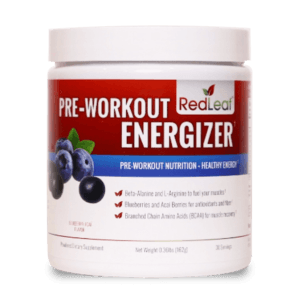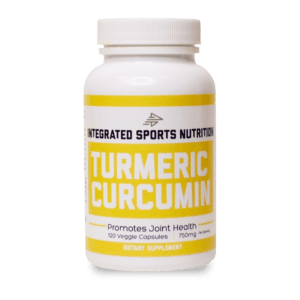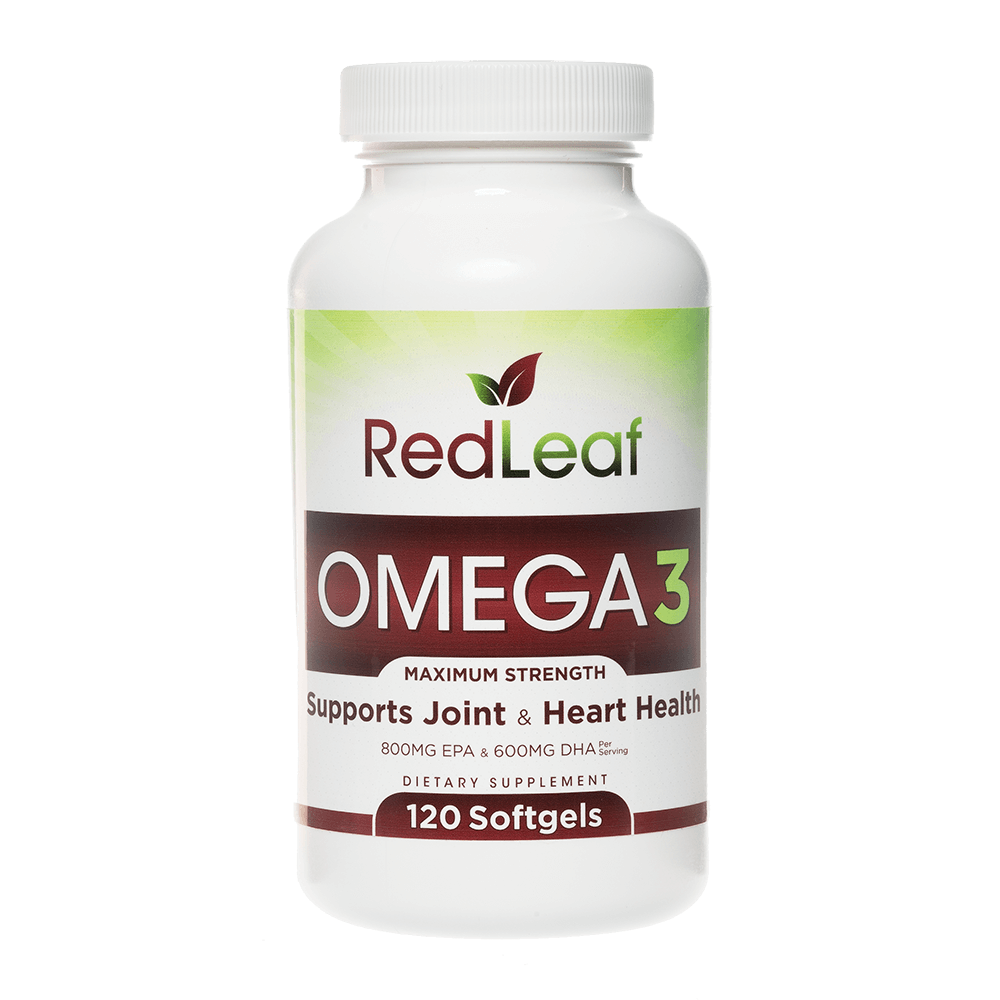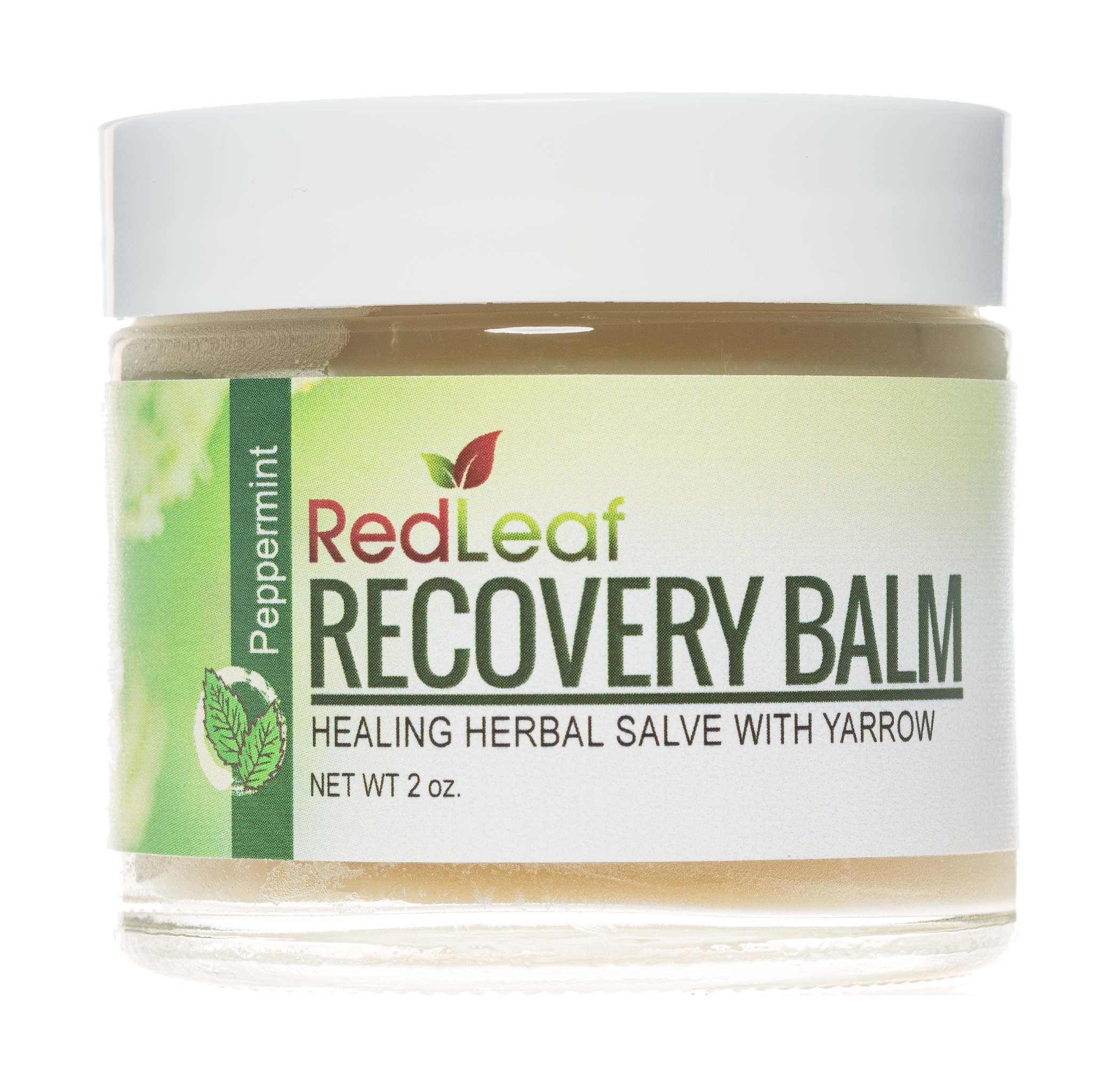Supplements can be hard products to purchase with confidence. What makes a good supplement? How do you know it is safe? How do you even know what supplement to use for your specific challenge?
These are all great questions, and we’ll address a couple of them here. If you’re interested in why to use supplements as a bigger topic, be sure to check out our last post. It goes deep into the weeds on who can benefit on supplements, and gives a few suggestions for specific situations when they’re helpful.
What makes a good supplement?
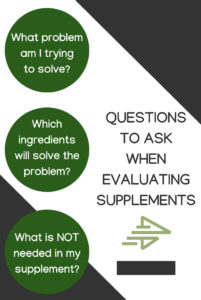
Whenever you’re evaluating a supplement, you can use the following three criteria:
- What is the problem I am trying to solve?
- What ingredients specifically solve this problem?
- What is definitely not needed in my supplement?
Once you can answer those three questions, you can make a very logical evaluation of your supplement options, and choose appropriately.
What makes a good supplement?
Let’s begin with the first question, what specific problem are you trying to solve?
A few of the most common challenges people turn to include needing an extra spark for their workouts, trying to eat enough protein in their daily diet, and improving their recovery and soreness levels.
From those challenges, a few supplements immediately stand out. For getting a spark for your workouts, a clean pre-workout drink is a great option.
If you are trying to get more protein into your diet, and particularly want to do so immediately after a workout or while traveling, a protein powder is your go to supplement. Whey protein isolate or a vegan plant blend protein will work wonders for you here. The only one to avoid for complete protein consumption is collagen peptides. Collagen is a wonderful supplement for skin, joint health, and gut health, but it is not a complete protein so it will not support muscle growth and recovery.
Finally, if you’re looking to improve recovery, there are two main areas to evaluate: sleep, and inflammation. There are many supplements which claim to help you with sleep, such as this one from Puori, and both Omega 3 supplements and turmeric supplements can help with inflammation.
What ingredients solve my problem?
While many companies will make claims around their product supporting a specific goal (or many goals at once…) knowing exactly what ingredients you are looking for in a product is extremely helpful when determining what makes a good supplement.
Pre-Workout Spark
If you’re looking for a pre-workout spark, there are two or three ingredients to keep in mind: beta alanine, BCAAs, and caffeine.
BCAAs are less a single ingredient than three (leucine, isoleucine, and valine), and these are particularly helpful when training in a fasted state such as when you have just woken up.
Beta alanine is the ingredient which gives a slight tingle to your skin when you take it. This is a histamine response, and is normal. Some people experience more tingle or less tingle, and some don’t experience it at all. You do not need to have a tingle effect to make beta alanine effective. The role of beta alanine is essentially (in layman’s terms) to allow your muscles to work harder longer. That’s it. This is how it helps your workout.
Caffeine is God’s gift to the world in more ways than one, as every coffee lover will tell you. From a workout standpoint, it lowers your perceived exertion level (you don’t feel like you’re working as hard) and increases your alertness which helps in any movement requiring coordination.
Increasing Protein Intake
When evaluating a protein supplement, you are mainly looking at if the protein source is considered a complete protein. This means it contains all nine essential amino acids. Beyond this point, you will want to consider how many grams of protein are in each serving. Shoot for at least 20, and if you can find 30 grams per serving, that would be best.
There are almost too many options for protein on the market, and it has to do more with what you DON’T want in your protein than what you do – more on that below.
Improving Recovery
When you’re looking to improve recovery, you’re looking to supplement for improved sleep, lower inflammation, or both. With sleep, the supplements which appear to have the largest positive impact are zinc and magnesium. When taken together, they are absorbed more fully, and therefore should always be taken in tandem. Most magnesium supplements now include zinc for this reason.
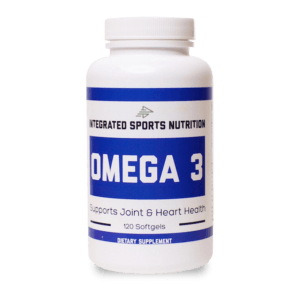
Inflammation largely comes down to the balance of omega 3 (anti-inflammatory) to omega 6 (inflammatory) fats in your diet. The fact is many of us consume lots of omega 6’s, and very few omega 3’s. You need both, but only need to supplement with the omega 3’s due to what is typically included in your diet. Look for a serving size of 1500mg Omega 3s, or more.
What should i not find in my supplement?
When determining what makes a good supplement, it is as much about the extra ingredients as much as anything. Here are three things to watch out for:
- Aspartame – this is the sweetener used in most diet sodas. If we are all avoiding soda because of this sweetener (and its possibly cancerous effects) why would we want to include it in our supplements, which are meant to make us healthier? We wouldn’t, of course. Whenever you read the label, make sure aspartame doesn’t come anywhere near your mouth.
- Excess caffeine – many people run around already consuming the recommended daily amount of caffeine (Mayo clinic says no more than 400mg per day, which is a lot). If you drink coffee, and also consume a pre-workout with 300mg of caffeine, you’re for sure over shooting this level. This can be a negative thing for your health long term. Your pre-workout should not have more than 100mg of caffeine. It simply isn’t needed. Combined with BCAA’s and beta alanine, this will give you the kick you’re looking for.
- Omega 3 pills from tuna – mercury levels in fish are something to be aware of, particularly if you are pregnant or nursing. This also has to do with sustainability. There are many sustainable fish (mackerel, for example) which are not over-fished and which provide great omega 3 benefits. Try to find ones largely from these sources.
What’s on the horizon at ISN?
You will notice we’ve linked in a few brands we believe are doing a good job in the supplement market lately. Last post had a link to Ascent Protein’s whey protein option. This post has a link to Puori.
Not to ruin the friendship, but we’ll be showing up with our own protein option this year. We want to strive to be your one-stop shop for all things around your workout, and a protein option is a huge step in making that happen. Things we won’t stand for in our protein:
- Fillers. This will be a whey protein isolate, and won’t have any protein fillers.
- Artificial sweeteners or sugar. You won’t find aspartame in our protein powder, nor will you find sugar.
We are also going to work hard to get between 25 and 30 grams of protein in each scoop. Because you deserve our best, and that’s the standard at which we know our products will support your goals. Can’t wait to share more, and to hear your reaction.

